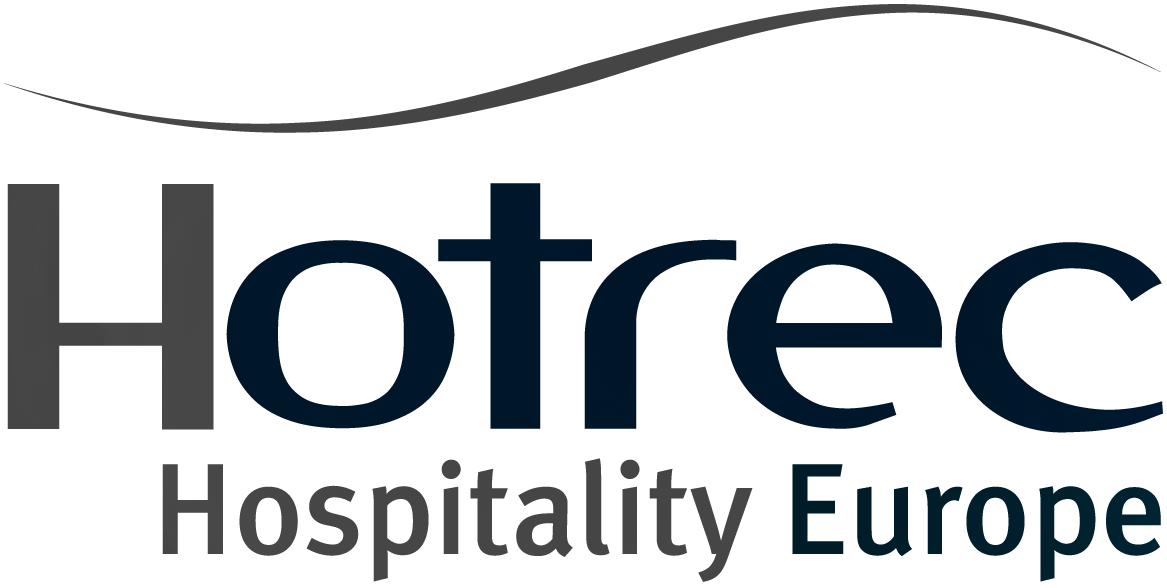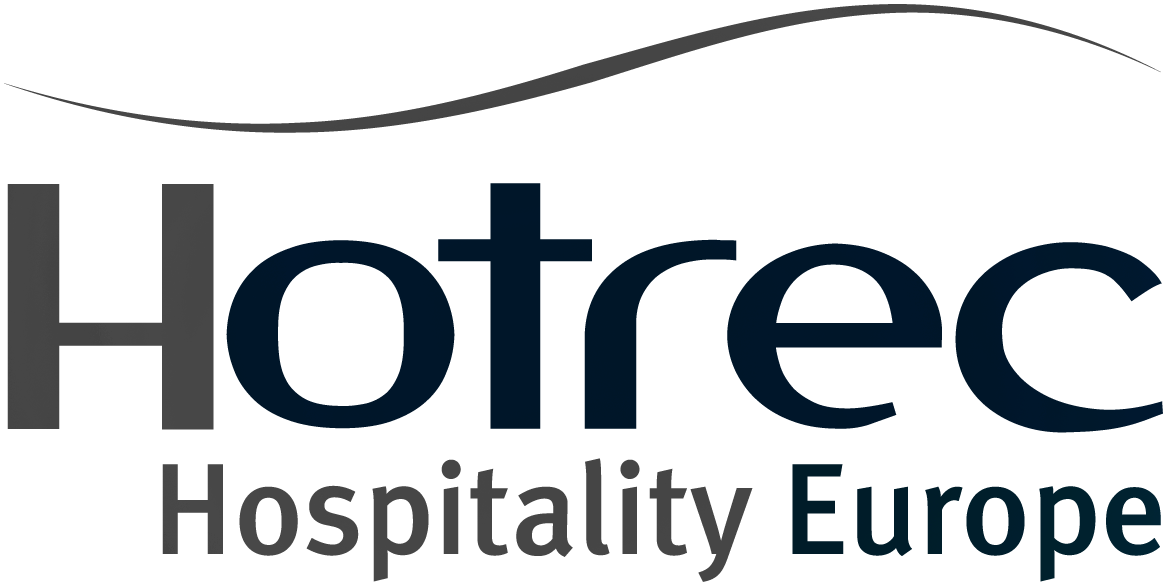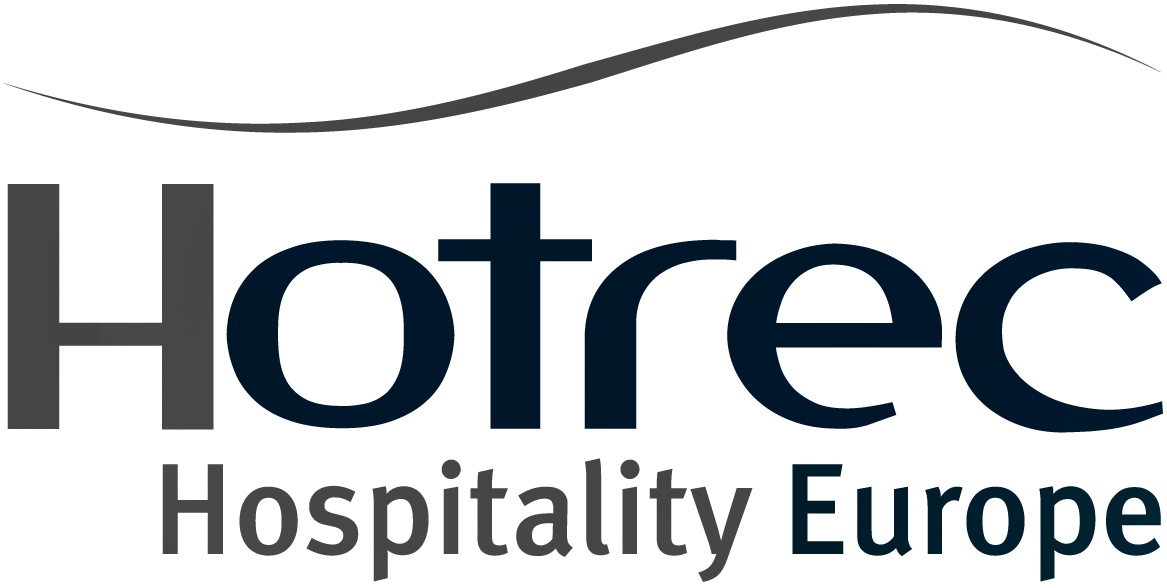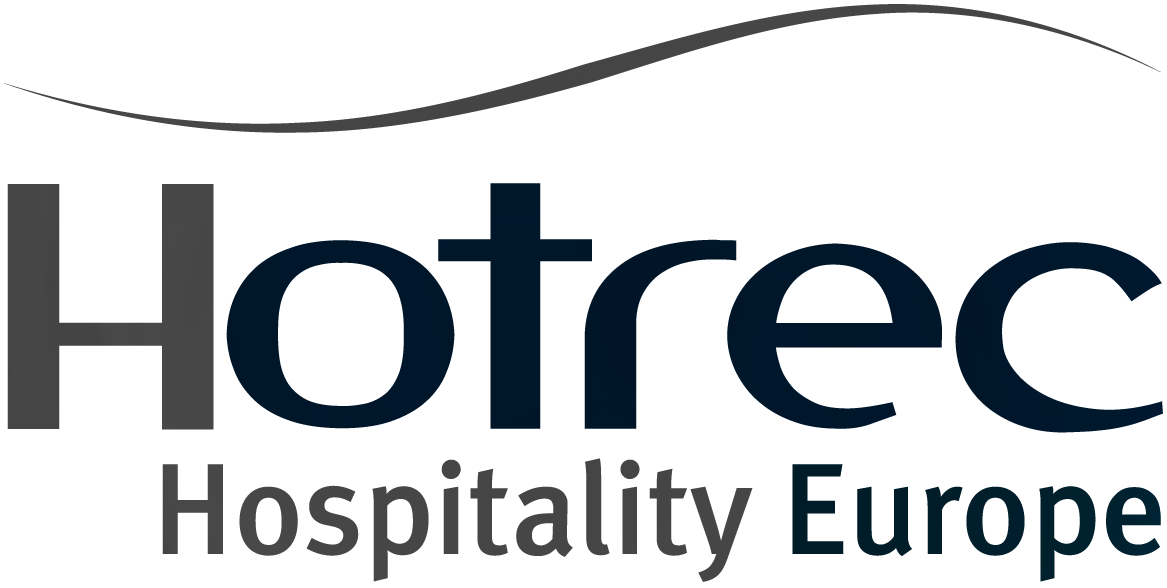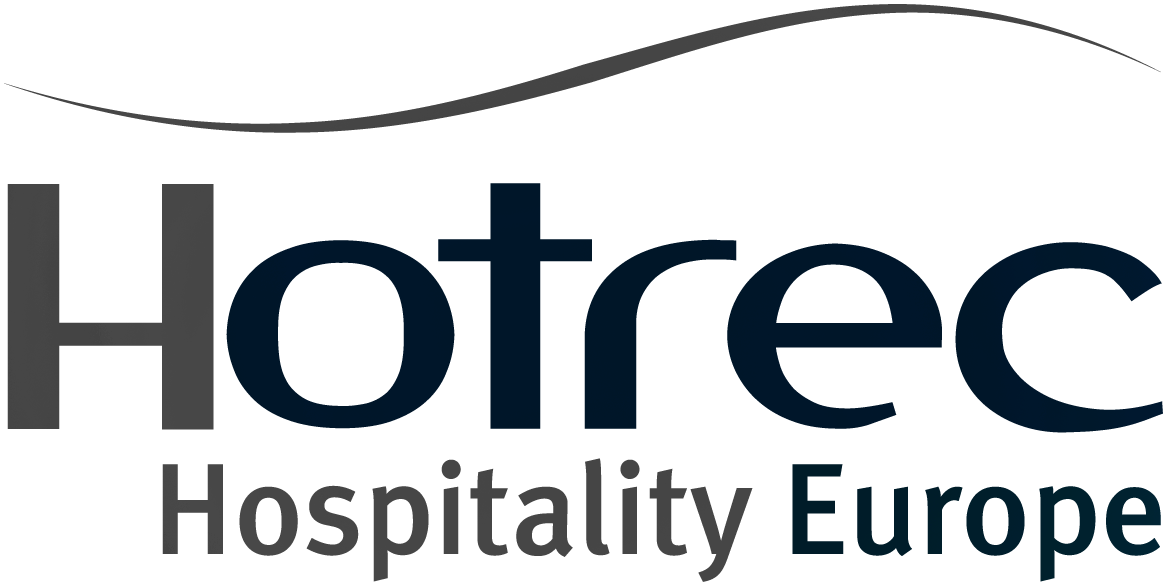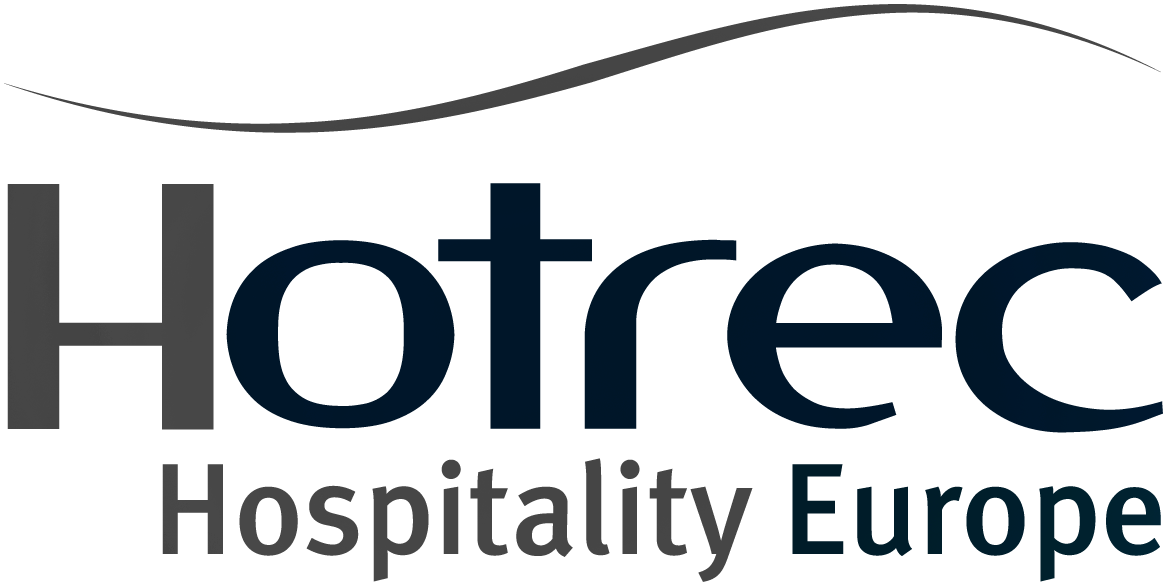Filters
Search Programme
Programme Categories
- Accessible Tourism ( 4 )
- Coronavirus (COVID-19) ( 10 )
- Economy ( 8 )
- Fashion ( 4 )
- Food & Beverage ( 1 )
- HOTREC ( 6 )
- Innovation and Entrepreneurship ( 2 )
- Law ( 1 )
- Policy Papers ( 4 )
- Reports ( 29 )
- Sustainability ( 4 )
- Tourism and Hospitality ( 3 )
- Trade and Development ( 7 )
- Transport and Mobility ( 2 )
SPEED UP SOCIAL AND ECONOMIC RECOVERY BY FOSTERING SUSTAINABLE TOURISM DEVELOPMENT
EUROPEAN TOURISM MANIFESTO – CALL FOR ACTION: SPEED UP SOCIAL AND ECONOMIC RECOVERY BY FOSTERING SUSTAINABLE TOURISM DEVELOPMENT
According to the European Commission’s Communication ‘Europe’s moment: Repair and Prepare for the Next Generation’, travel and tourism is one of the most affected ecosystems by the COVID-19 pandemic and requires € 161 billion worth of investment to bounce back to pre-crisis levels. The new Recovery and Resilience Facility, proposed by the Commission to help the EU rebuild after the pandemic, offers an unprecedented opportunity to support tourism and ensure that the sector helps to drive digital and green transitions, and thereby strengthens both economic and social resilience.
The aim of the Recovery and Resilience Facility is to provide large-scale financial support for reforms and investments undertaken by Member States, to mitigate the economic and social impact of the coronavirus pandemic, making the EU’s economies more sustainable and resilient. In order to benefit from this unprecedented funding opportunity, Member States must submit to the Commission as from 15 October 2020 (until April 2021) their draft recovery and resilience plans outlining national investment and reform agendas in line with the twin strategic objectives: digitalisation and sustainability.
Why invest in tourism?
MULTIPLIER EFFECT: Tourism is transversal and its extensive value chain touches upon multiple sub-sectors
Travel and Tourism is a healthy and growing sector that has been expanding in the last 30 years. Europe is the number one tourism destination worldwide, holding half of the global market share of international tourism.
In the EU, the sector accounts for more than 9.5% of the GDP, provides jobs to 22.6 million people and has direct impact on transport, retail, agro-food industry, and the wider economy.
1 EUR of value generated by tourism results in additional 56 cent of added value in indirect effect on other industries.
EUROPEAN TOURISM MANIFESTO – CALL FOR ACTION: SPEED UP SOCIAL AND ECONOMIC RECOVERY BY FOSTERING SUSTAINABLE TOURISM DEVELOPMENT
According to the European Commission’s Communication ‘Europe’s moment: Repair and Prepare for the Next Generation’, travel and tourism is one of the most affected ecosystems by the COVID-19 pandemic and requires € 161 billion worth of investment to bounce back to pre-crisis levels. The new Recovery and Resilience Facility, proposed by the Commission to help the EU rebuild after the pandemic, offers an unprecedented opportunity to support tourism and ensure that the sector helps to drive digital and green transitions, and thereby strengthens both economic and social resilience.
The aim of the Recovery and Resilience Facility is to provide large-scale financial support for reforms and investments undertaken by Member States, to mitigate the economic and social impact of the coronavirus pandemic, making the EU’s economies more sustainable and resilient. In order to benefit from this unprecedented funding opportunity, Member States must submit to the Commission as from 15 October 2020 (until April 2021) their draft recovery and resilience plans outlining national investment and reform agendas in line with the twin strategic objectives: digitalisation and sustainability.
Why invest in tourism?
MULTIPLIER EFFECT: Tourism is transversal and its extensive value chain touches upon multiple sub-sectors
Travel and Tourism is a healthy and growing sector that has been expanding in the last 30 years. Europe is the number one tourism destination worldwide, holding half of the global market share of international tourism.
In the EU, the sector accounts for more than 9.5% of the GDP, provides jobs to 22.6 million people and has direct impact on transport, retail, agro-food industry, and the wider economy.
1 EUR of value generated by tourism results in additional 56 cent of added value in indirect effect on other industries.
- 0
- 0
HOTREC, the European umbrella association of hotels, restaurants and cafés, conducted at the beginning of 2020 in collaboration with the University of Applied Sciences of Western Switzerland Valais (HES-SO Valais Wallis) its biennial study on the European hotel distribution market. This is the fourth study since the series began in 2013.
The objective of the study is to monitor the evolution of distribution channels within the European hotel industry with a specific focus on the role of online travel agencies (OTAs).
Results for the reference year 2019 based on observations from more than 2800 hotels across Europe show that the dependency of hotels on OTAs continues to increase, while the share of direct bookings decreases.
Click here to read the summary of the study.
The objective of the study is to monitor the evolution of distribution channels within the European hotel industry with a specific focus on the role of online travel agencies (OTAs).
Results for the reference year 2019 based on observations from more than 2800 hotels across Europe show that the dependency of hotels on OTAs continues to increase, while the share of direct bookings decreases.
Click here to read the summary of the study.
- 0
- 0
HOTREC is glad to present to you its 2019/2020 Annual Report!
This report opens with:
A foreword by Mr Zurab Pololikashvili, Secretary-General of the World Tourism Organisation (UNWTO);
A foreword by Mr Thierry Breton, European Commissioner for Internal Market;
And a message from Mr Jens Zimmer Christensen, President of HOTREC.
This report opens with:
A foreword by Mr Zurab Pololikashvili, Secretary-General of the World Tourism Organisation (UNWTO);
A foreword by Mr Thierry Breton, European Commissioner for Internal Market;
And a message from Mr Jens Zimmer Christensen, President of HOTREC.
- 0
- 0
HOTREC is glad to present to you its 2018/2019 Annual Report!
This report opens with:
A foreword by Ms. Elżbieta Bieńkowska, Commissioner for internal market, industry, enterpreneurship and SME’s;
And a message from Mr. Jens Zimmer Christensen, President of HOTREC, and Mr. Christian de Barrin, Chief Executive Officer of HOTREC.
This report opens with:
A foreword by Ms. Elżbieta Bieńkowska, Commissioner for internal market, industry, enterpreneurship and SME’s;
And a message from Mr. Jens Zimmer Christensen, President of HOTREC, and Mr. Christian de Barrin, Chief Executive Officer of HOTREC.
- 0
- 0
HOTREC is glad to present to you its White Paper for Hospitality in Europe, presenting the industry’s top 5 priorities for the EU Mandate 2019-2024:
Collaborative economy – Implement the actions taken by the European Commission in 2018 to allow for a responsible and sustainable tourism and go further;
Better regulation – A new thinking on subsidiarity and exerting EU competences is needed;
Digital – Revise the EU regulatory framework to recognise platforms’ liabilities and ensure a fairer and more balanced digital single market;
Food Policy – Foster voluntary initiatives on diet and nutrition for local food services instead of horizontal EU legislation;
Social Affairs – Skills: make the fight against skills shortage a truly EU case.
Collaborative economy – Implement the actions taken by the European Commission in 2018 to allow for a responsible and sustainable tourism and go further;
Better regulation – A new thinking on subsidiarity and exerting EU competences is needed;
Digital – Revise the EU regulatory framework to recognise platforms’ liabilities and ensure a fairer and more balanced digital single market;
Food Policy – Foster voluntary initiatives on diet and nutrition for local food services instead of horizontal EU legislation;
Social Affairs – Skills: make the fight against skills shortage a truly EU case.
- 0
- 0
